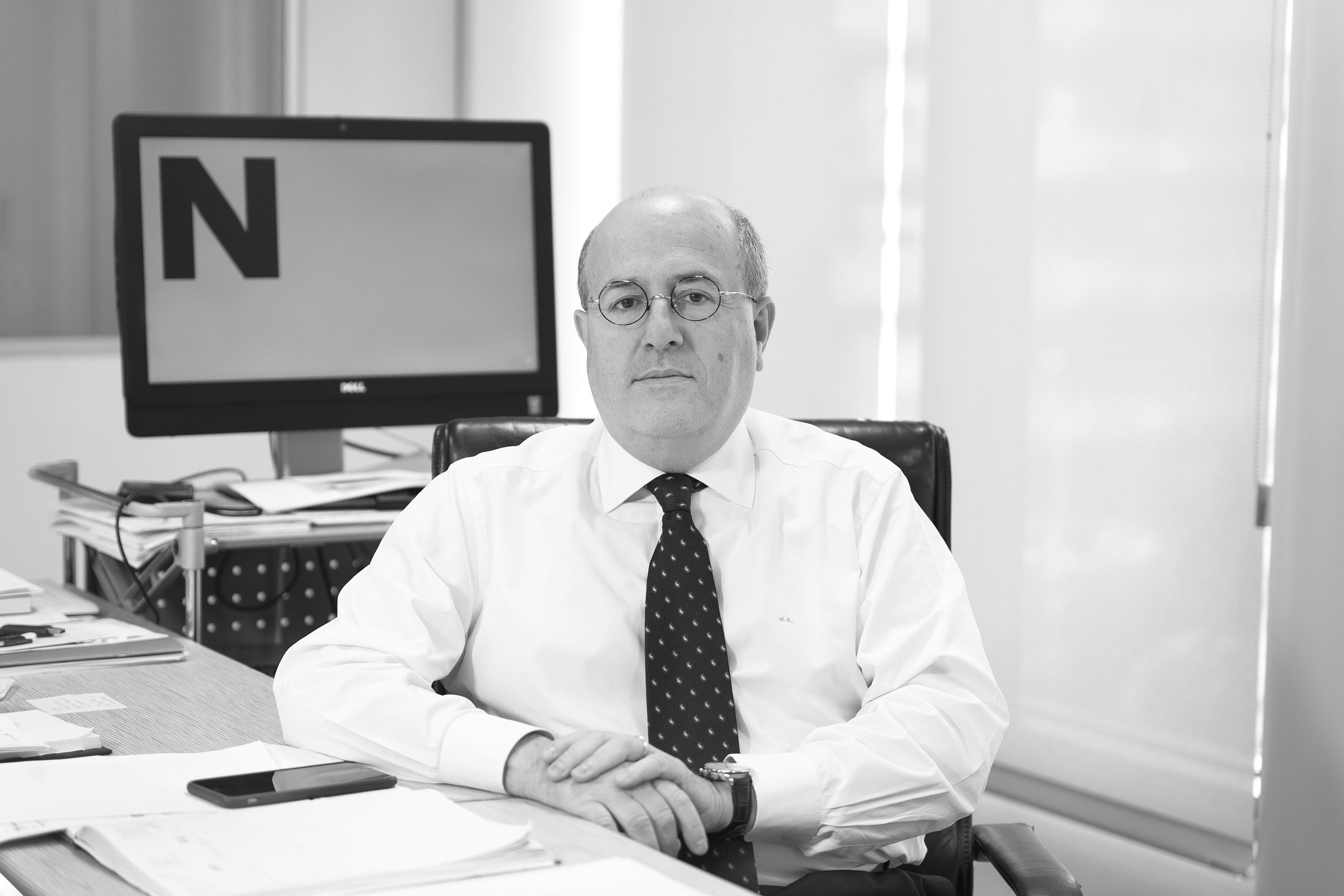Albert Rivera stands up at his bench in Spain's Congress of Deputies, takes the microphone in his hand and with the usual bitter tone he adopts when talking about Catalonia, lets fly at the Spanish prime minister: "Mr Sánchez: are you committed to pardoning the coup leaders, yes or no?" The Ciudadanos leader sits down again, satisfied, as the faithful applaud, and it's then the turn of prime minister Pedro Sánchez. He gives no reply to the constant "coup leader" accusations made by his 'article 155' partner, and he performs a non-stop zigzag, an endless slalom, to avoid explaining what he will do if requests to pardon the Catalan political prisoners arrive on his desk. Thus, in less than five minutes Congress has started and finished its discussion about the human lives involved in the judicial farce that has been mounted to teach a lesson to the Catalan independence movement.
But beyond the media spectacle and the pressing need of both men to win votes for the early Andalusian elections called for December 2nd, one cannot help but be surprised by the tranquility with which all the Spanish political forces, except for the left-wing Podemos and Esquerra Unida, await for the formal charges in the case to be laid by the Public Prosecutor and the State Lawyers. There are more unknowns about what the State Lawyers will do but virtually none with regard to the prosecution service, which will undoubtedly maintain charges of rebellion against all the Catalan political prisoners, also probably adding them for the former chief of the Catalan Mossos police, Josep Lluís Trapero, who is currently at liberty. Although his accusation is still part of another case in another court, the National Audience, the prosecutor also wants to release its formal charge against the former Mossos head on Friday.
How can people take a conviction for granted and speak shamelessly of pardons when several European courts have rejected the applicability of the crimes of rebellion and sedition? How can anyone talk of pardons when Mariano Rajoy's government denied both actively and passively, from prime ministerial level to that of the finance minister, Cristóbal Montoro, and in parliament too, that there had been any use of public money to carry out the referendum and that, therefore, the charge of misuse of public funds can also be discarded? How can they talk about pardons when they should be talking about freedom? It is only from the political point of view and from the ignominy of ruining the lives of peaceful individuals that the entire state machinery could have been set in motion to decapitate a movement that was and is democratic and pacific.
We have also learned that in the prosecutor's briefcase this Friday there will be a charge against Trapero, the key figure in resolving the terrorist attacks in Barcelona and Cambrils last year. That 17th August in which chief Trapero demonstrated before international public opinion and the institutions that the Mossos d'Esquadra was fully capable of managing a security crisis of that nature. That was the beginning of Trapero's ordeal which carries on today. We have heard statements to the courts by high-ranking officers in the police corps and read details of the operations carried out on 1st October as part of the court investigation into the referendum and what they say, summing up, is that the Mossos guaranteed the social peace. And so it was. The other things came afterwards.
Editorial
It's insulting to talk about pardons
José Antich
Barcelona. Thursday, 1 November 2018. 17:33
Updated Thursday, 18 February 2021. 12:35
Reading time: 2 minutes
Barcelona. Thursday, 1 November 2018. 17:33
Updated Thursday, 18 February 2021. 12:35
Reading time: 2 minutes

